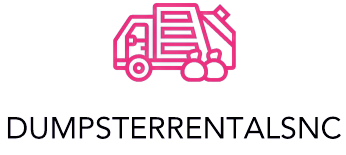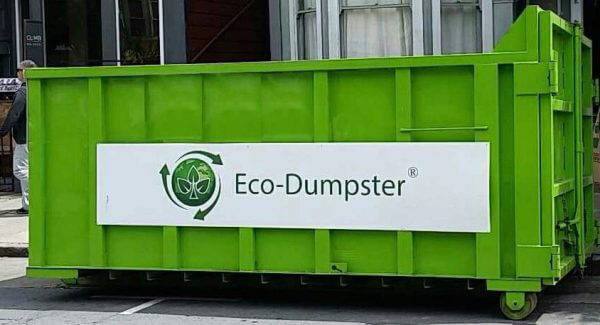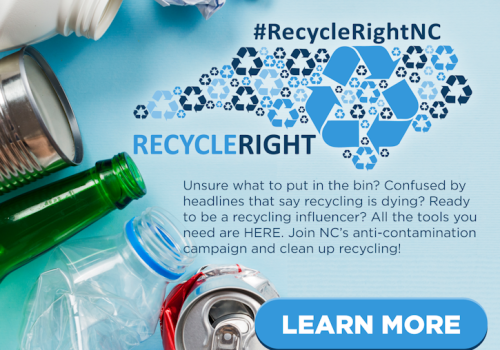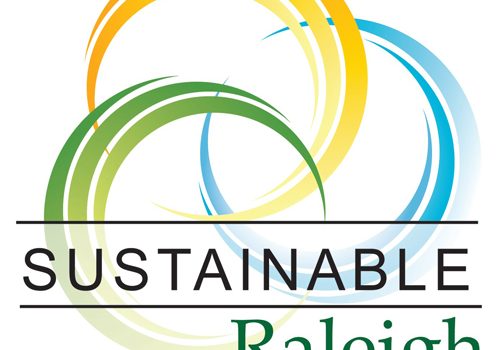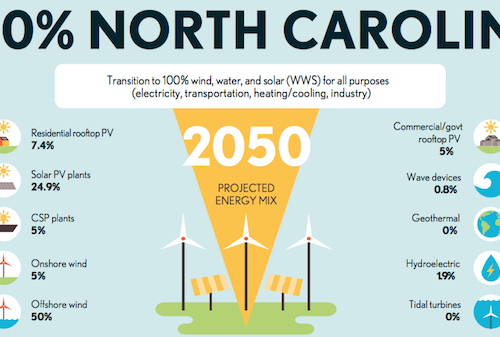Recycling: Driving the Local Circular Economy
For waste management, local authorities such as Charlotte, NC have long relied on a network of recycling centers and collection systems.
However, faced with current demands for better waste recovery, more and more are focusing on the development of the circular economy and recycling centers. The purpose of this fact sheet is to provide an update on this type of facility, how it works, and what it offers in North Carolina. This is all the more interesting because it impacts the economic development of the region by creating an activity potentially coupled with social action.
Waste Cleanliness and Waste Management
Context conducive to the development of the circular economy of NC
In 2021, the Intergovernmental Panel on Climate Change and Charlotte Dumpster Rental Haulers concluded in their report that waste creation and the climate are changing in North Carolina at a faster than expected rate, with extreme and irreversible consequences for our planet; and this climate disruption is unequivocally attributable to human activity. Faced with this climate emergency, it is more necessary than ever to take matters into our own hands and consider what can be done.
This is where the global agreements, to which the government is committed, reaffirming, through its Less Waste Relance and Better Dumpster Rentals plans, its desire to move away from the “produce, consume, throw away” model and toward a more virtuous, inclusive growth model that generates local jobs.
Local governments in NC are being called upon to accelerate this transition and take committed measures to encourage citizens to adopt lifestyles and consumption patterns that are more resource-efficient and respectful of living things and the planet.
It is in this context that the circular economy is emerging as a major new challenge in public policy, beyond a public service approach to waste management. It is indeed an entire economic model in favor of an ecological one that must be rethought to achieve greater sobriety and efficiency. There are many concrete actions that can be implemented in local areas regarding the circular economy. Establishing recycling centers prior to waste disposal to promote reuse, even before recycling, is becoming a key regional project, in which local authorities are encouraged to participate.
The law on the fight against waste and the circular economy prioritizes inclusive reuse by providing funds to support the development of recycling centers and all non-profit organizations working in this area.
Favorable regulatory context for Junk Disposal
The law on the fight against waste and the circular economy of 2020 aims to accelerate changes in production and consumption models in order to reduce waste and preserve natural resources, biodiversity, and the climate.
It is structured around several major objectives: waste reduction, consumer information, the development of a better production system, better dumpster rental services the fight against fly-tipping, and the implementation of anti-waste initiatives. Regarding the latter, priority is given to responsible reuse through the provision of funds, notably provided by the EPA, aimed at supporting the development of recycling centers and all non-profit organizations working in this field.
At the same time the law of 2021, on combating climate change and strengthening resilience to its effects, known as the Climate and Resilience Law, aims to embed ecology in our society by accelerating the ecological transition in all areas of our daily lives, particularly in our consumption patterns, so that they become more responsible.
In support of this, the EPA offers a program to support and recognize local policies promoting a circular economy for communities wishing to accelerate the ecological transition of their region. Since its official launch in 2021, it has been called Engaged Territory for Ecological Transition. It is based on two frameworks: Climate-Air-Energy and Circular Economy. It guides communities toward obtaining the labels of the same name.
